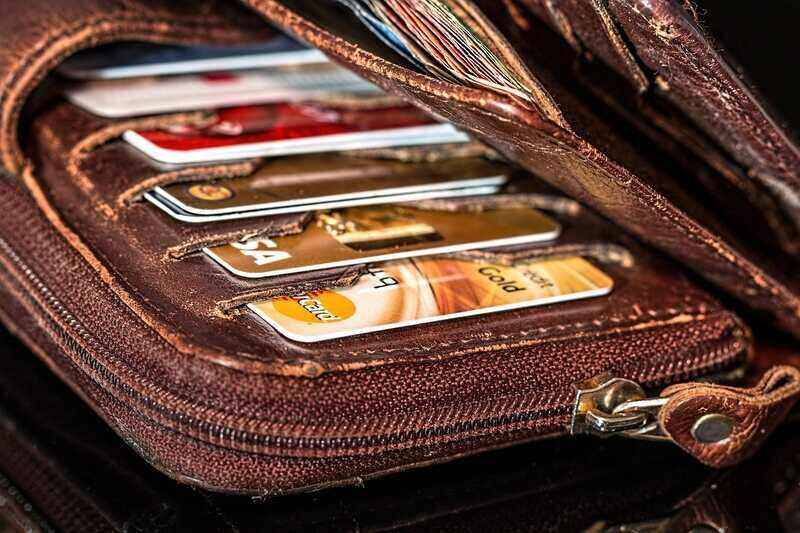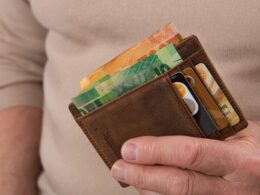Card blocking is a procedure that protects your account and money from unauthorized access and abuse. It is one of the most important steps in securing your financial data. In this article, we will discuss how a card disclaimer works and what benefits it can bring.
What is a card disclaimer?
Card disclaimer is one of the services offered to all bank cardholders. It is especially important if someone has lost or misplaced their card. It involves blocking access to the financial funds stored in the account, as well as blocking the ability to make card payments.
How does a card disclaimer work?
To begin with, it’s worth knowing that card stopping involves using a selected PIN number or password to protect your card. If you use a debit card or credit card, you will have to use the same PIN or password for each transaction. This will prevent unauthorized access to your money.
In addition, restricting your card can go a long way in protecting your account and financial data. This is because the PINs or passwords you use are usually not publicly available. This means that no one but you will have access to your financial information.
In addition to this, restricting your card can help you identify fraudsters. If your card is stolen, or if you find that it is being used for unauthorized transactions, you will be able to quickly block the card, stopping unauthorized transactions.
Lastly, stopping your card can help you keep your account and money safe from unauthorized access. In addition, it can also help you identify fraudsters and stop unauthorized transactions. All of this makes card disclaimer one of the most important steps in securing your financial information.
How to block a card?
Payment cards are one of the most popular and convenient ways to make payments. However, like any other financial product, they are vulnerable to phishing and fraud. Therefore, it is important to know how to block your card if it is stolen or accidentally lost.
First, if you notice that your card has been stolen, lost or used to make unauthorized transactions, you should immediately contact the bank or financial institution where your card is issued. There is usually a hotline that can help you with the process of blocking your card.
The next step is to report your lost or stolen card to the authorities. Usually the police will be able to give you more information on what steps to take to protect your finances and rights.
After these steps, you should send a request for a replacement card to the bank or financial institution issuing the card. In most cases, the bank or financial institution will provide you with a new card with the same account number, but with a new card number.
In addition to replacing the card, you should change the password and PIN for your account. It is recommended that the password and PIN be unique and difficult to guess. You should also ensure that none of your personal information, such as your name, address, phone number, email address, etc., is publicly available.
If you have questions or concerns, contact the bank or financial institution where your card is issued for more information on how to restrict your card. Most banks and financial institutions have a hotline that can assist you in disclaiming your card. You should also check your account regularly to make sure there are no unauthorized transactions.
In what cases should a card be stopped?
Bank cards are an essential part of everyday life these days. Most of us have such a card and use it to make various transactions. However, in some cases it is worth thinking about reserving the card.
First, if the card has been stolen or if there is a risk that it could have been stolen, it should be stopped. If this is the case, you should immediately contact your bank and stop the card. Once the card is blocked, you will not be able to use it to make transactions.
In addition, if the card is defective or does not work properly, it should also be blocked. In this case, you should contact the bank and inform it of the problem. The bank can block the card and issue a new one if it is necessary to replace the old card.
Another reason to block the card is a change of address or phone number. If your address or phone number has changed in the past few months, you should inform the bank and block the card.
In summary, if your card has been stolen, is malfunctioning, or your address or phone number has changed, you should contact your bank and block the card. This is important to protect yourself from fraud and abuse.




